Premium Only Content
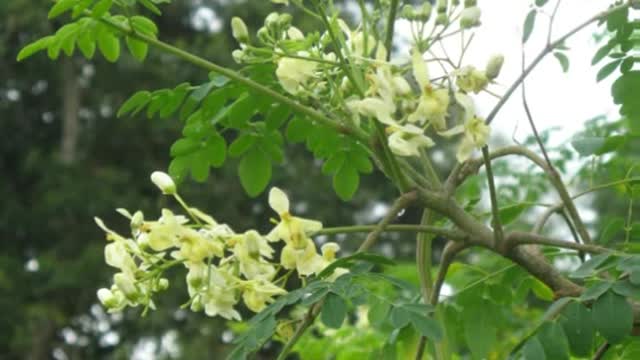
Moringa ( Moringa oleifera ) serve para reduz a pressão arterial elevada
Before using this herbal medicine consult a specialist first.
Moringa (Moringa oleifera) serves to reduce high blood pressure
Moringa, also called tree of life or white acacia, is a medicinal plant that has a large amount of vitamins and minerals, such as iron, carotenoids, quercetin, vitamin C, among others, which provide greater antioxidant and anti-inflammatory effects.
For this reason, this plant has been used to treat some respiratory diseases, reduce anxiety, lose weight and even control the concentration of glucose in the blood in diabetic people. However, there are still few studies that prove all its benefits and that describe the minimum doses, as well as their safety for human use.
The scientific name of the moringa is Moringa oleifera and, generally, its most used part is the leaf.
Possible benefits of moringa:
Increase respiratory capacity,
Prevent diabetes,
Protect the heart,
Regulate blood pressure,
Assist in weight loss,
Prevent and combat anemia,
Increase the body's defenses,
Have analgesic and anti-inflammatory effect,
Protect and moisturize the skin,
Improve the health of the digestive system,
Help treat hemorrhoids,
Improve eyesight,
Help lessen the effects of menopause.
However, in most investigations carried out with moringa, safe doses and side effects are not known, especially in the long term. Thus, if you choose to use this plant, it is important to have guidance from a doctor or other health professional specialized in the use of medicinal plants.
Side effects and contraindications:
The consumption of moringa can result in some side effects, such as nausea, vomiting and diarrhea.
It is recommended to avoid consuming the root and its extracts, without professional guidance, as they contain toxic substances that, when used in excessive concentrations, can cause paralysis and can even lead to death.
Moringa intake is not recommended for pregnant women and infants, as this medicinal plant can interfere both in pregnancy and in the production of breast milk.
-
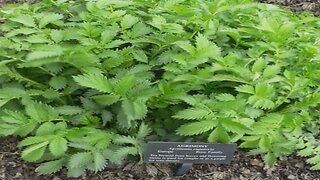 3:07
3:07
NATURAL HEALTH
1 year agoAgrimonia ( Agrimonia eupatoria ) serve e é utilizada no tratamento de inflamações
65 -
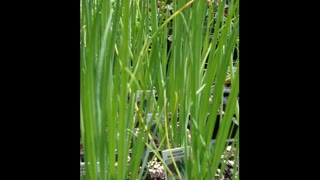 2:19
2:19
NATURAL HEALTH
5 years agoCebolinha serve para regular a pressão arterial
98 -
 3:24
3:24
NATURAL HEALTH
5 years agoPilriteiro ( Crataegus Oxyacantha ) serve para problemas cardíacos e pressão alta
140 -
 2:35
2:35
NATURAL HEALTH
5 years ago $0.02 earnedCinchona ( Cinchona calisaya ) serve para malária
241 -
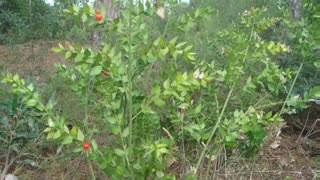 3:05
3:05
NATURAL HEALTH
5 years agoGilbardeira ( ruscus aculeatus ) serve para varizes e hemorroidas
166 -
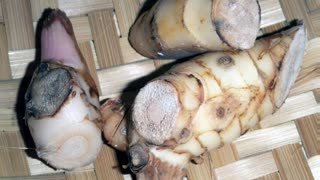 2:49
2:49
NATURAL HEALTH
5 years agogalangal ( alpinia galanga ) serve para náuseas e enjoos
102 -
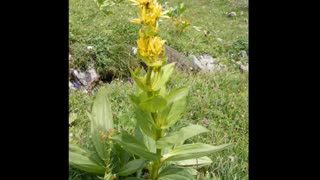 2:12
2:12
NATURAL HEALTH
5 years agoGenciana ( Gentiana lutea ) serve para alergias e amenorreia
49 -
 4:04
4:04
NATURAL HEALTH
5 years agoFeno-Grego (Trigonella foenum-graecum) serve para gastrite e anemia
149 -
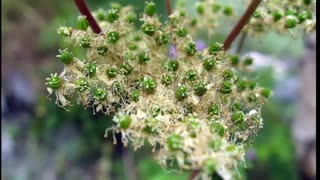 2:24
2:24
NATURAL HEALTH
5 years agoUlmária ( Filipendula ulmaria ) serve para febre e enxaqueca
61 -
 3:19
3:19
NATURAL HEALTH
5 years agoEstragão ( Artemisa dracunculus ) serve para cólicas menstruais
84